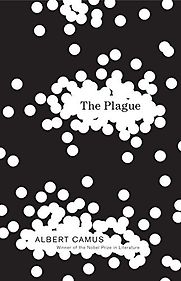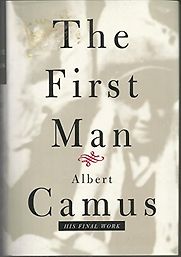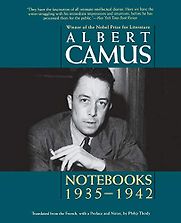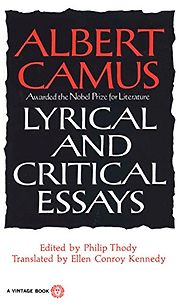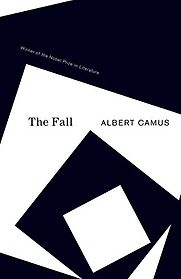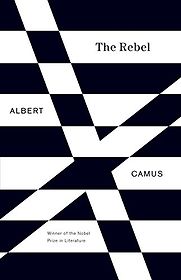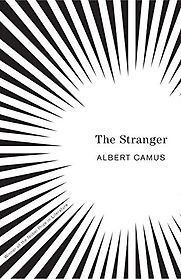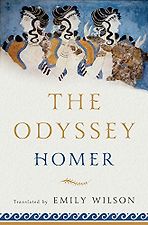Recommendations from our site
“It has been said that he did extensive research for The Plague. The ‘plague’ is generally taken to be a metaphor or meta-commentary on Nazism during World War II. I’m not necessarily sold on that as the exclusive interpretation of the novel. Other people have argued that he was reading about plagues during the time that he was writing this. But one thing that’s really interesting in the background is that, for at least a period of time while writing the novel, Camus was trying to recover from a bout of tuberculosis and he was staying in a village in southern France in the Free Zone (Vichy). The remarkable events that took place there were the basis for the book called Lest Innocent Blood be Shed by Philip Paul Hallie. In this small, poor, rural village they banded together and pooled their resources to save somewhere between three and five thousand Jews from the Nazis. Camus was in this village as this was happening, as people were hiding, as they were separated from their loved ones, while he himself was separated from his loved ones. So, I’m not sure to what degree the astute nature of his writing can be attributed to his reading about previous plagues, or to his first-hand experience of being bedridden with an illness, embedded in a town where people were hiding from a much more militaristic and malignant sort of ‘plague’.” Read more...
Jamie Lombardi, Philosopher
“Albert Camus’s The Plague has justifiably become a bestseller this year. Camus is startlingly perceptive about the psychology of those in lockdown, and the ways in which different people cope with the fear of contagion. Previously most of us were told to read this novel as an oblique commentary on the Nazi Occupation. Now we can appreciate it at a literal level too.” Read more...
Summer Reading: Philosophy Books
Nigel Warburton, Philosopher
“Albert Camus’s The Plague probably remains the best-known novel on the topic of epidemic disease. It tells the story of those involved in an epidemic in a North African setting. It is very interested in the details about how quarantines are enforced and the role not just of the government, but of individuals who band together into groups to manage the epidemic.” Read more...
The Best Books to Read in Quarantine
Jenny Davidson, Literary Scholar
“It’s an amazing book, considering Camus probably never personally experienced a plague. In his novel, Camus captured everything that we were dealing with in the Aids epidemic without Aids existing at that time. Without his knowing what the consequences of the HIV plague were going to be, he seems to have gotten all the actors in there and the myriad of things that you wrestle with.” Read more...
Arthur Ammann, Medical Scientist
“He talks about the plague. Well, the plague is that part of a human being which can be very evil. That germ, he says at the end, never dies, it simply goes into remission. It lurks. It lurks in the cupboards, it lurks in the hallways, it lurks in the filing cabinets.” Read more...
Stephen Breyer on his Intellectual Influences
Stephen Breyer, US Supreme Court Justice
